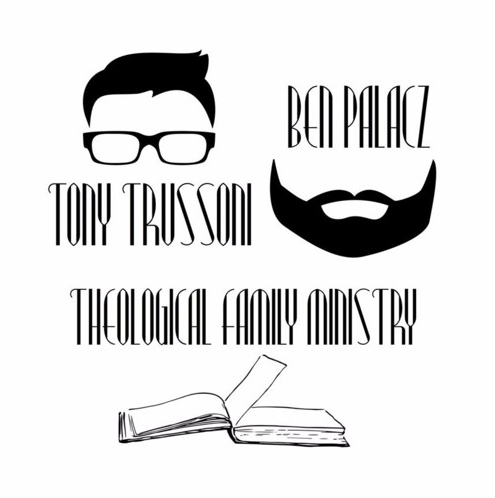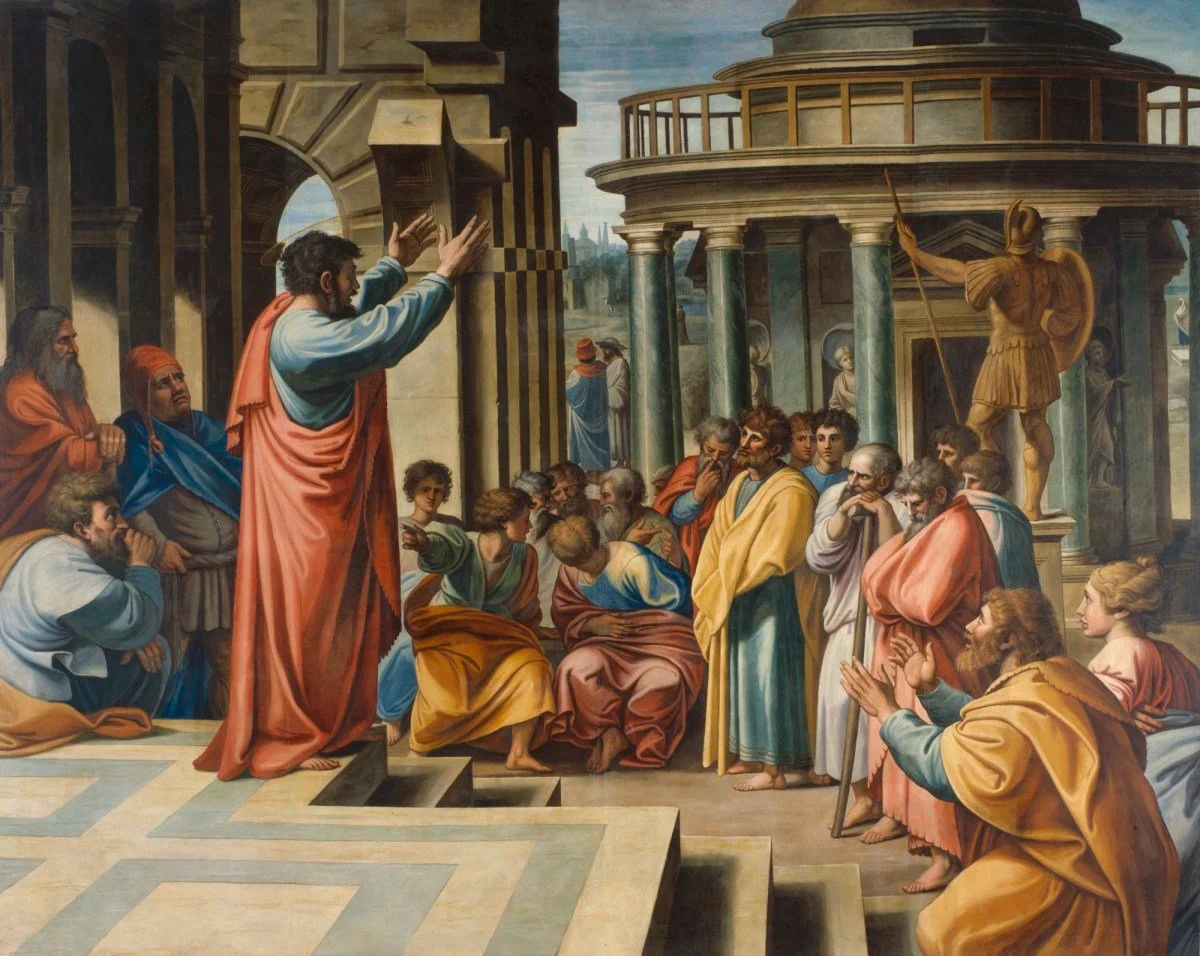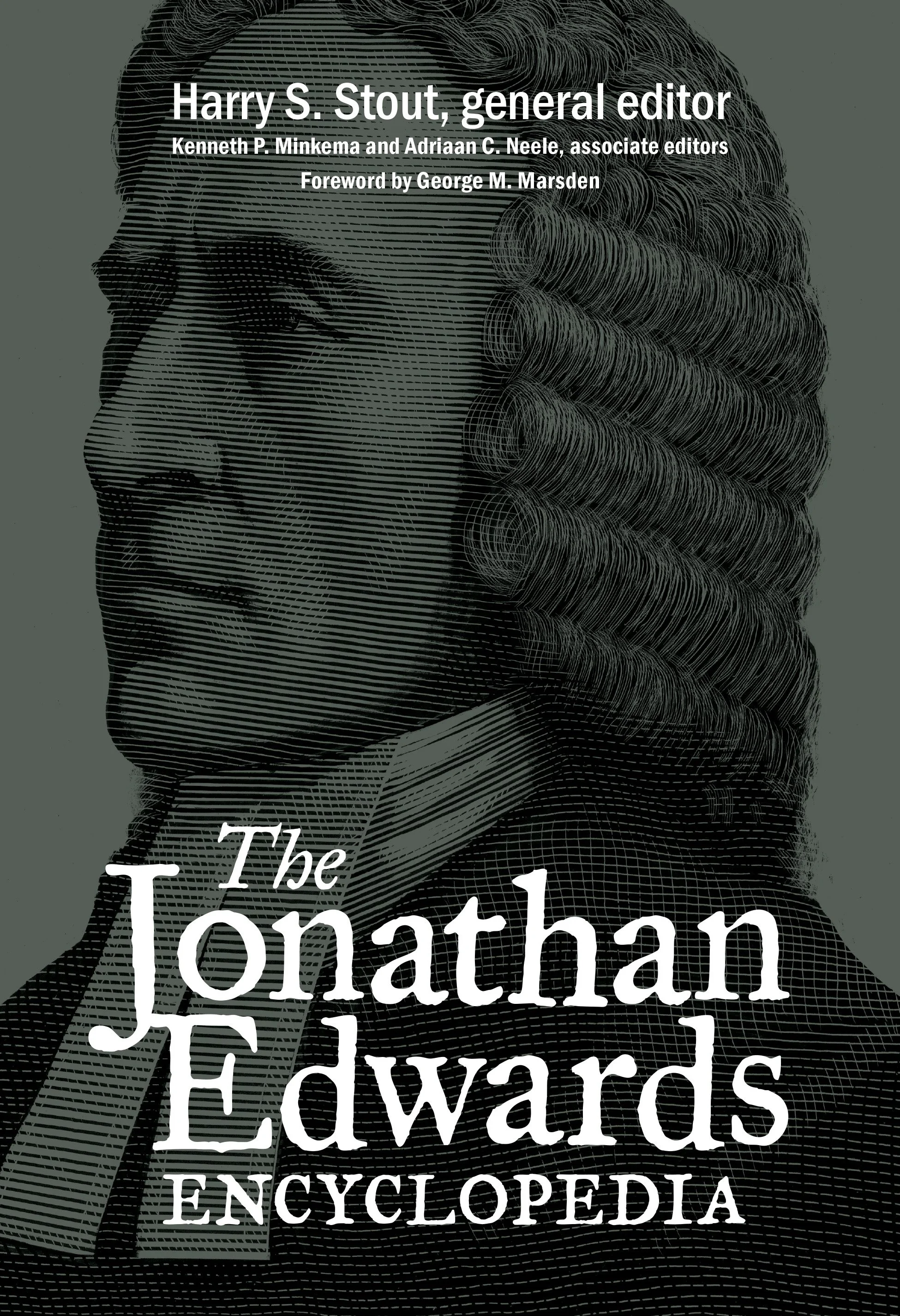Can God be proven? Yes. Denying the provability of God is popular today, even for Christians. Faith and reason have been divorced, and we Christians sometimes swallow that pill without realizing it. But it doesn’t have to be that way. Faith seeks understanding, but it is built on it too. We believe in God for good reason or else we have no reason to believe in God.
Thomas Aquinas gives a series of five ways of proving the existence of God. The fourth way is taken from our idea of perfection.














